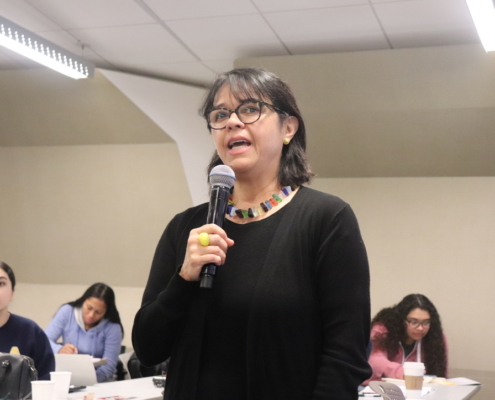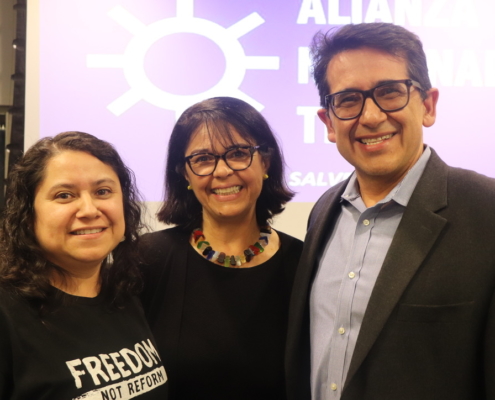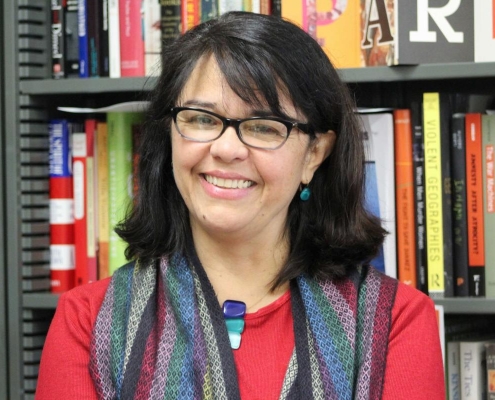Posts

LA Social Science Presents “Immigration and the Media:” UCLA Students Investigate
LA Social Science is proud to present four research papers written…

UCLA Sociology Professors Advocate for “Physical” Rather Than “Social” Distancing
March 21, 2020 In an opinion piece that was published…

Transnational Struggle, Survival, and Resistance: Exploring the Intersectionalities of Central American Migrants
By Bryanna Ruiz and Amado Castillo, UCLA Latino Policy &…

UCLA Professor Menjivar Scheduled to Speak at DWC Congressional Briefing on 10/11
On October 11, Professor Cecilia Menjivar will discuss asylum…

